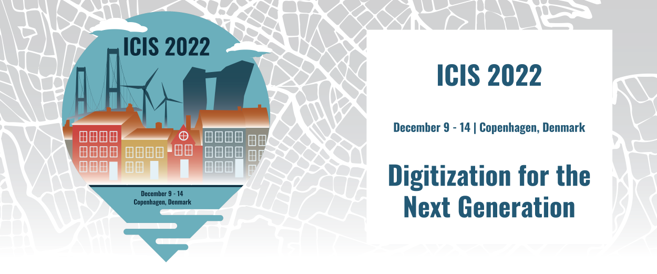Advances in digital technology create new opportunities and challenges for government policy makers to tackle contemporary global issues not limited to climate change and the coronavirus pandemic. The proliferation of digital technology in the form of artificial intelligence, blockchain, cloud computing, machine learning, neural networks, and mobile technology have the potential to disrupt traditional processes, procedures and practices of government IT policy making. Digital technology in recent decades has driven significant change in business, organizational, and work practices. Two major developments in the digital technology landscape have significant implications for policy making: First, the increase in the quantity and quality of data available, and a corresponding increase in the storage, processing, and analysis of data. Online platforms such as Google and Facebook collect citizens’ data on gender, race, sexual orientation, and religious or political views, and use this data to infer their interests and opinions. Data trails increasingly follow citizens offline. Smartphones and smart watches track the exact location of citizens, with government using these data for coronavirus contact tracing. Using a smartphone or a contactless card, rather than paying in cash, provides more information the whereabouts of citizens and what they are buying. These data are stored in the servers of banks and payment networks. Data is also being collected in a more granular way – every second or minute rather than every month or year, and with measurements that are ever more accurate and precise as digital technology tools improve. Improvements in computer hardware have facilitated easier and cheaper handling of ‘big data.’ Second, the increase in connectivity in society spawn new ways of accessing and communicating information and interacting with others. Billions of people can access numerous forms of data and information, communicate, and collaborate with any person, and broadcast their opinions globally, from any location, at any time, and at an increasingly negligible cost. Citizens use digital platforms (Facebook, Instagram, Twitter, WeChat) to communicate with family, friends, and colleagues, anywhere in the world. This has transformed the nature of communication. These platforms have made it possible to ‘crowdsource’ knowledge and information, rather than having to traditional institutions, businesses, and organizations. Many digital tools that underpin these activities are developed and maintained by self-organizing online communities. Government IT policy combines the dual challenges of introducing digital technology to transform government services for citizens (e.g., eGovernment) and crafting oversight policies to protect citizens privacy and security (data protection directives/regulations). However, traditional methods and tools of governance, regulation, and compliance (GRC) are less effective in a fast-changing digital world. We welcome submissions of all research types, including conceptual and empirical studies that address political, economic, social, and technical aspects of IT policy and government. Papers that focus upon the IT policy-practice intersection are particularly encouraged. Track Co-Chairs; Wendy L. Currie, Ph.D., Audencia Business School Shan Pan, Ph.D., UNSW Business School Martin Santana, Ph.D., Universidad ESAN
Subscribe to RSS Feed (Opens in New Window)
| 2022 | ||
| Monday, December 12th | ||
| 12:00 AM |
A Social Science Approach Using Big Data for City Planning Kim Huat Goh, Nanyang Technological University 12:00 AM |
|
|---|---|---|
| 12:00 AM |
Assessing e-Government maturity using country-level data: a fsQCA analysis Federico Iannacci, University of Sussex 12:00 AM |
|
| 12:00 AM |
Competition Between Human and Artificial Intelligence in Digital Markets: An Experimental Analysis Andreas Schauer, Research Group Data Policies, University of Passau 12:00 AM |
|
| 12:00 AM |
Doehun Kim, Korea Advanced Institute of Science and Technology 12:00 AM |
|
| 12:00 AM |
On Justification: Legislating a Digital First Artifact Salma Sharifi Khajedehi, The University of Queensland 12:00 AM |
|
| 12:00 AM |
Policy Ambiguity: a Problem, a Tool, or an Inherent Part of Policymaking? Karin Väyrynen, University of Oulu 12:00 AM |
|
| 12:00 AM |
Satisfaction with Open Government Data Portals: A User-Centric Configurational Perspective Alizée Francey, University of Lausanne 12:00 AM |
|


